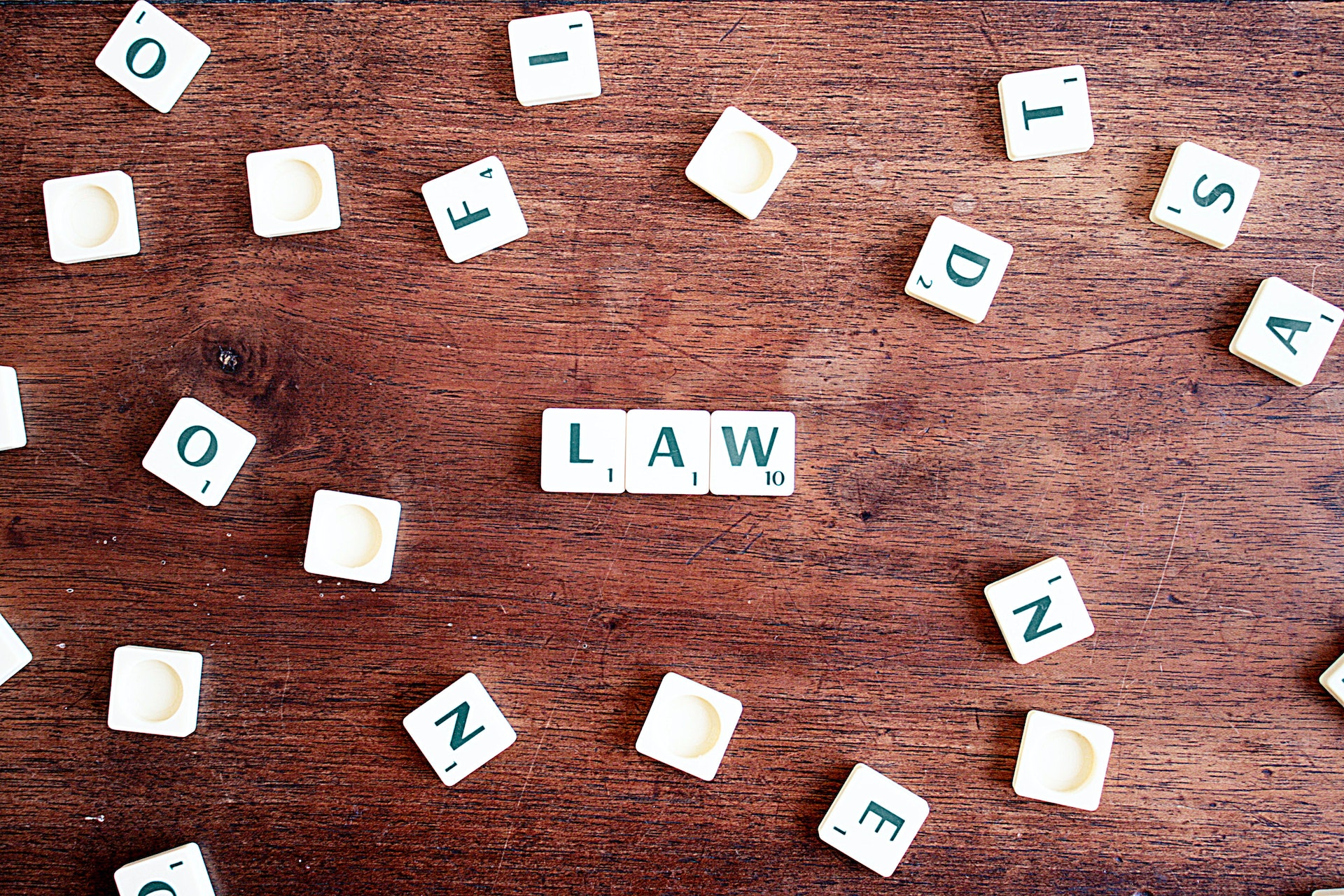What is Law? | Merits and Demerits
INTRODUCTION Law is a set of rules and regulations a society creates to govern people’s behaviour and maintain order. It provides guidelines on how individuals should act and interact with one another and the consequences for violating those rules. The law helps to ensure fairness, protect rights, and resolve disputes. It applies to various aspects … Read more

